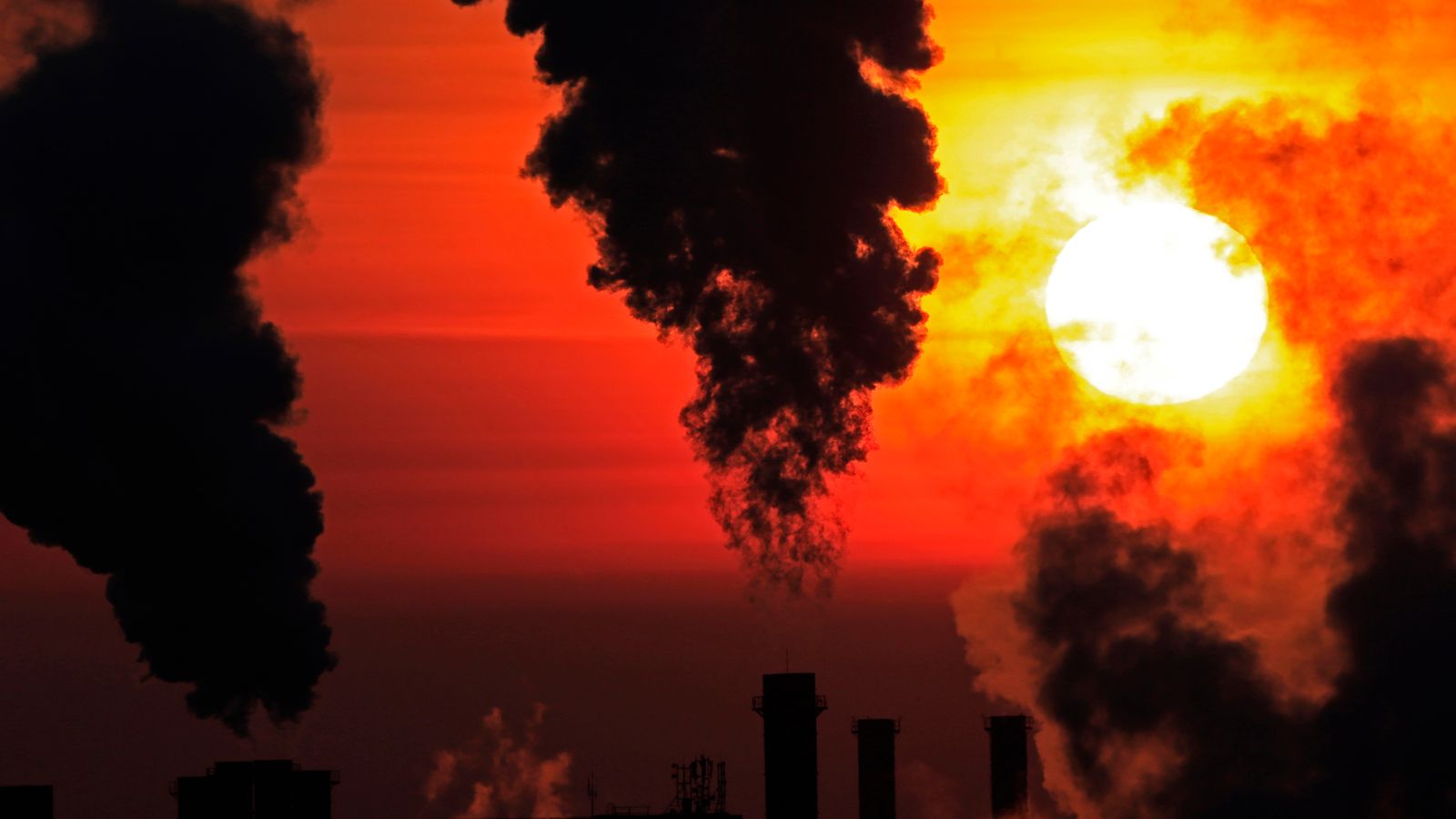It is now a “near certainty” that 2023 will be Earth’s hottest year on record, scientists have said.
The stark warning comes after a record-breaking October, in which global temperatures were 0.4C higher than the previous record for the month, set in 2019.
“This is a huge margin,” said Samantha Burgess, deputy director of the European Union’s Copernicus Climate Change Service (C3S).
She described the temperature anomaly as “very extreme”.
“October has seen exceptional temperature anomalies, following on from four months of global temperature records being obliterated,” she said.
“We can say with near certainty that 2023 will be the warmest year on record, and is currently 1.43C above the pre-industrial average.”
It puts further pressure on world leaders to get an ambitious outcome at the United Nations climate change conference, COP28, at the end of this month.
“The sense of urgency for ambitious climate action going into COP28 has never been higher,” Ms Burgess added.
Click to subscribe to ClimateCast with Tom Heap wherever you get your podcasts
Globally, the average surface air temperature in October was 1.7C warmer than the same month between 1850 and 1900, defined as the pre-industrial era, before humans started burning fossil fuels at scale.
Scientists have warned that permanent global warming of 1.5C above pre-industrial levels risks unleashing severe climate change effects on people, wildlife and ecosystems.
Signatories of the 2015 Paris Agreement have committed to limit the global average temperature rise to well below 2C above pre-industrial levels by the end of the century.
However, despite the pledge, global CO2 emissions hit a record high in 2022.
Dr Friederike Otto, climate scientist at Imperial College London, said “what matters” about the record heat is the “people and systems that are suffering”.
Hotter temperatures fuel heavier flooding and more intense heatwaves, and can make storms more powerful.
Read more:
Tornado during Storm Ciaran was ‘strongest in almost 70 years’
Why Storm Babet brought so much rain and why we’ll see more
According to experts, continued greenhouse gas emissions from human activity, combined with the emergence this year of the El Nino weather pattern – which warms the surface waters in the eastern Pacific Ocean – are the two key factors in this year’s higher temperatures.
The current annual record was set in 2016 – another El Nino year.
Michael Mann, a climate scientist at the University of Pennsylvania, said: “Most El Nino years are now record-breakers because the extra global warmth of El Nino adds to the steady ramp of human-caused warming.”
Read more on Sky News:
Cigarette packet-style warnings considered to cut meat-eating
COP28 summit offering multimillion-pound sponsorship
Watch The Climate Show With Tom Heap on Saturday and Sunday at 3.30pm and 7.30pm on Sky News, on the Sky News website and app, and on YouTube and Twitter.
The show investigates how global warming is changing our landscape and highlights solutions to the crisis.












